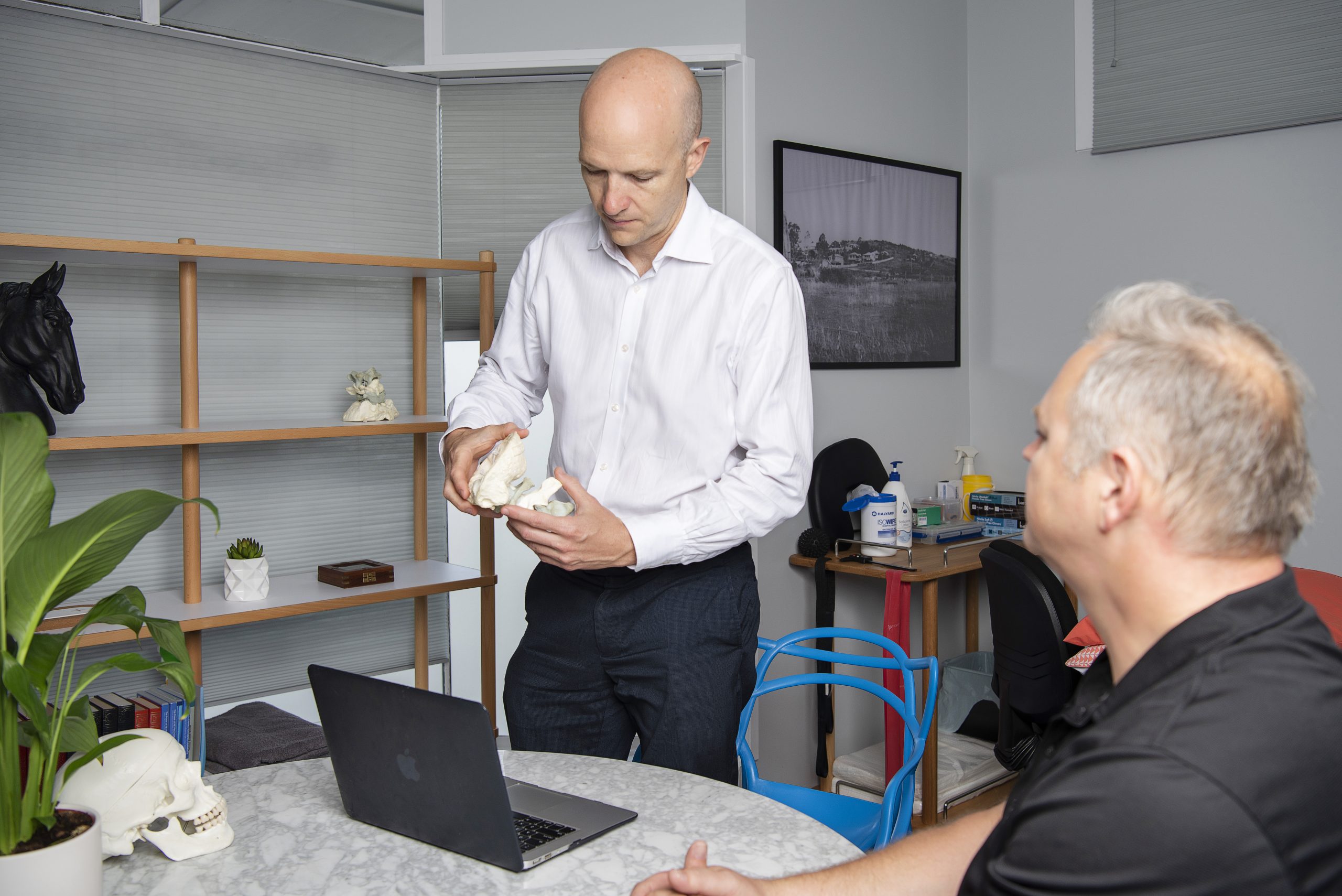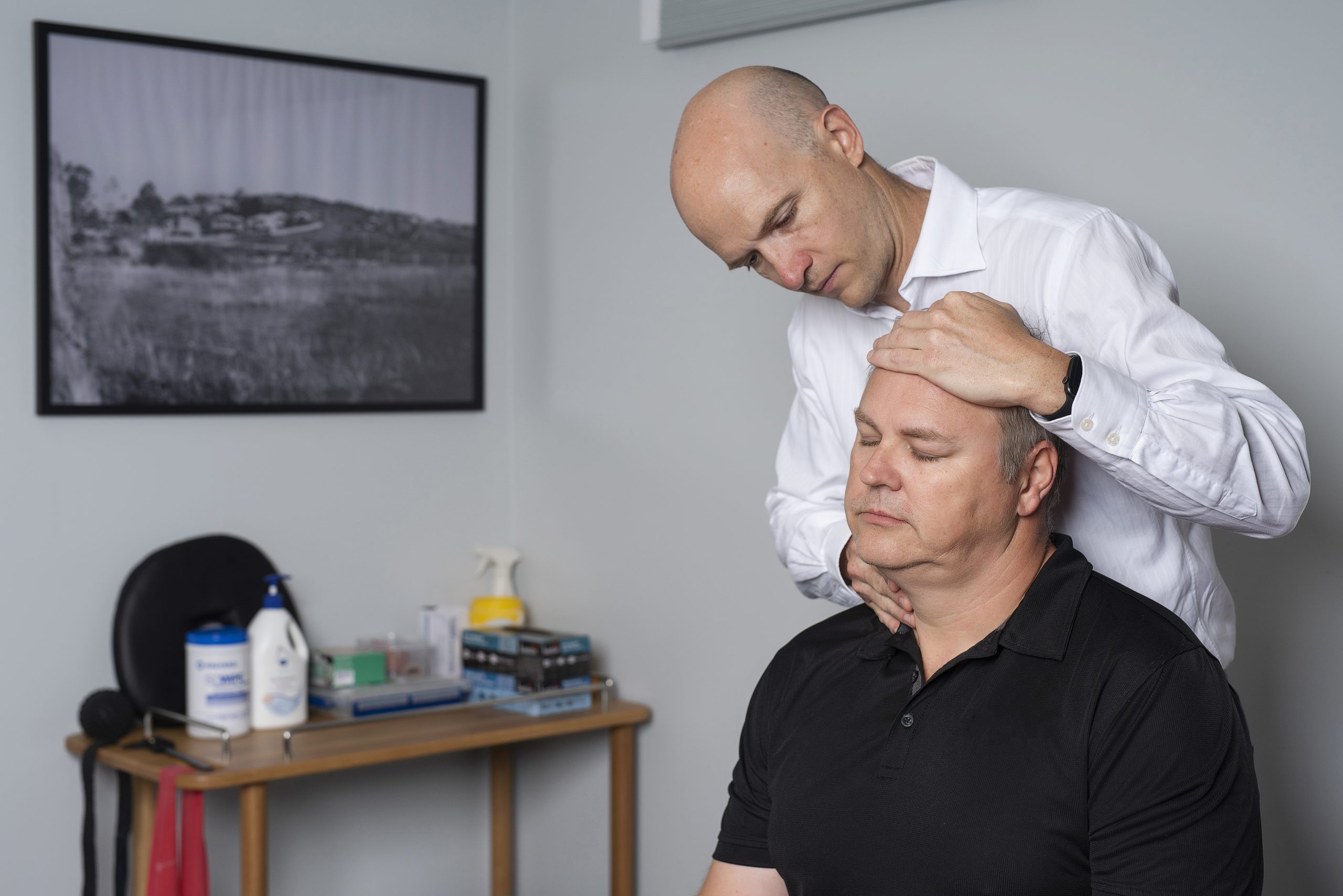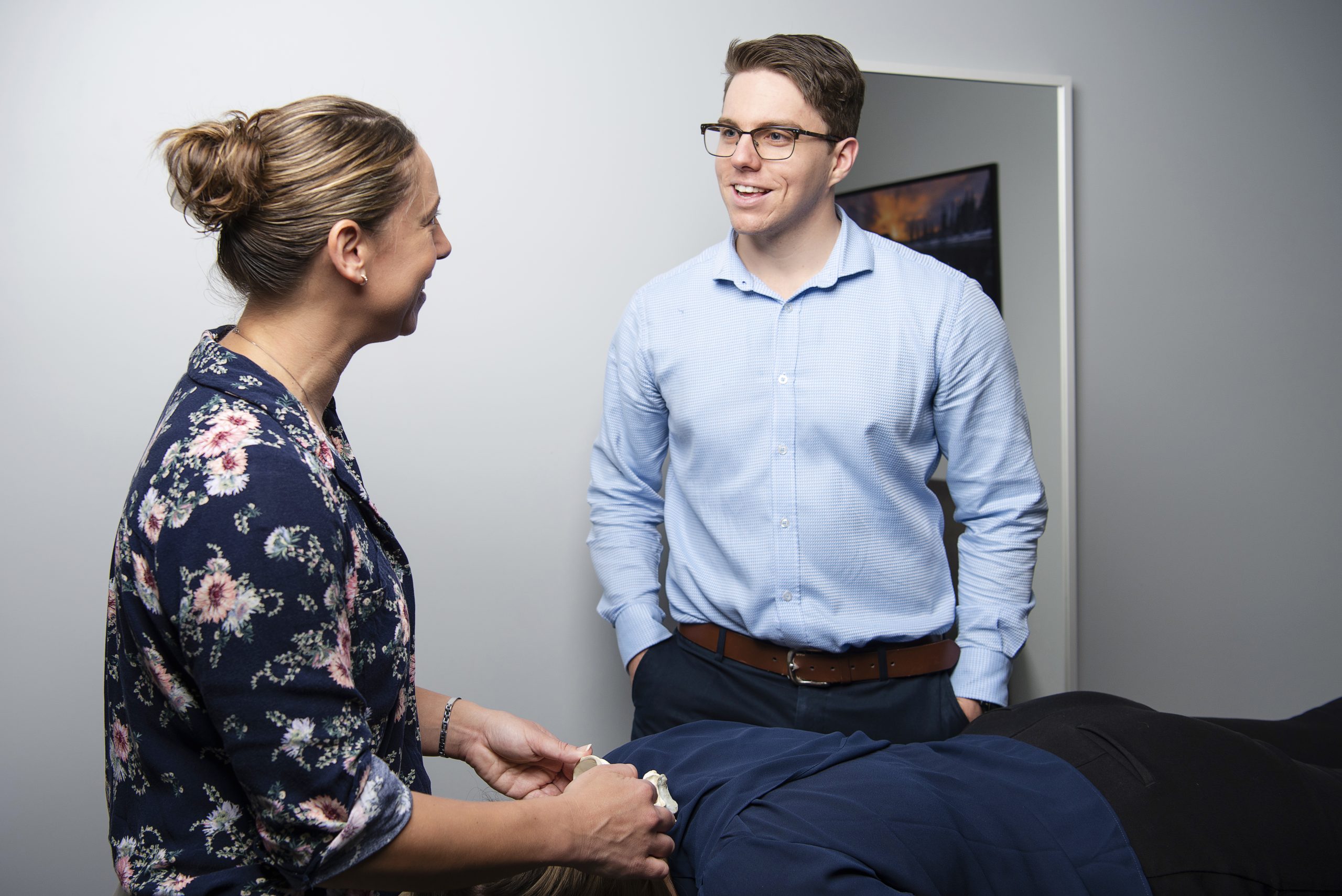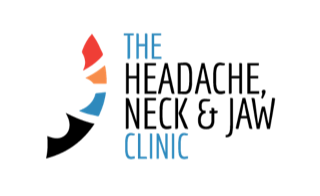Brisbane’s Tinnitus Treatment Clinic
Tinnitus is a persistent and disruptive disorder that typically manifests as ringing or phantom sounds in one or both ears. If you’re living with chronic tinnitus, know that help is available. Our physiotherapists at the Headache, Neck and Jaw Clinic offer tinnitus treatment that can relieve the stress and symptoms of jaw-related tinnitus.

Had Tinnitus Treatment Before and It Didn’t Work?
Tinnitus is persistent and incredibly frustrating. It can also have a major impact on your life, with about 2% of Australians reporting that their tinnitus is very distressing.
The physiotherapists at the Headache, Neck and Jaw Clinic understand your frustration. We know that it’s difficult to find tinnitus treatment for an invisible issue, but we are experienced in providing relief.
We offer treatment for tinnitus symptoms that are caused by the muscles in your head and jaw. Our treatments are low-impact and can provide long-term relief from the symptoms of tinnitus.
If you have sought treatment before and it didn’t work, book a consultation to find out if we can help.


Understanding Tinnitus
What is tinnitus?
Tinnitus is the perception of ringing, buzzing, or other sounds in the ears or head without an external source. It’s often described as a constant or intermittent noise, varying in pitch and intensity.
While tinnitus is not a disease, it can be a symptom of an underlying condition, such as hearing loss, ear infections or prolonged exposure to loud noises. Some people may also experience dizziness or ear fullness alongside tinnitus.
The condition can severely affect your daily life, which can lead to frustration and difficulty concentrating or sleeping.
If you’re experiencing tinnitus, it’s important to consult a trained specialist to determine the cause and explore treatment options that can help manage symptoms and improve your quality of life.
Common Tinnitus Symptoms
Tinnitus symptoms can vary from person to person, but the most common signs include:
- Ringing, buzzing or hissing sounds in the ears
- Secondary headaches are a symptom of an underlying issue such as stress, trauma, joint problems, hormonal changes and more.
- Sounds that seem louder in quiet environments
- Sensitivity to certain sounds
- Difficulty concentrating
- Trouble sleeping
- A feeling of fullness or pressure in the ears
- Headaches or dizziness
If you're experiencing any of these symptoms, it’s important to consult a qualified professional to determine the cause and find an effective treatment.
Types of Tinnitus
There are two distinct types of tinnitus, but their causes and symptoms can vary. These are:
1. Subjective tinnitus: This is the most common type, where only the person with the condition can hear the sound. It might occur as a ringing, buzzing, or hissing sound and be caused by various factors, such as exposure to loud noises, ear infections, or age-related hearing loss.
2. Objective tinnitus: This is rarer and refers to tinnitus that can be heard by both the person affected and a doctor during an examination. It is usually caused by a physical issue, like blood vessel problems, muscle contractions or problems with the bones in the ear.

Tinnitus can also be classified by its duration and how it affects a person:
- Acute tinnitus: This lasts for a short period and may occur after a loud noise or trauma event.
- Chronic tinnitus: This lasts for six months or more and can have a significant impact on a person’s quality of life.
What Causes Tinnitus?
Unfortunately, there are many ways in which someone can develop tinnitus. These include:
One of the most common causes of tinnitus, exposure to loud noises can damage the tiny hairs in the inner ear, leading to hearing issues and tinnitus.
As people age, their hearing ability naturally declines. This can often lead to tinnitus.
Any kind of infection or blockage in the ear can cause temporary tinnitus. Once the blockage is cleared, the tinnitus usually resolves itself.
A condition where the bones in the middle ear become stiff, which can lead to hearing loss and sometimes tinnitus.
Trauma to the head or neck can affect the auditory system, leading to tinnitus. This might also occur after a concussion or whiplash injury.
Conditions that affect blood flow, like high blood pressure, atherosclerosis or vascular malformations, can cause pulsatile tinnitus, where the sound is in sync with your heartbeat.
This inner ear disorder is associated with vertigo (dizziness), hearing loss and tinnitus. It is caused by fluid build-up in the inner ear.
Problems with the jaw joint, which is located near the ear, can sometimes lead to tinnitus.

Brisbane's Leading Tinnitus Specialists
You might have tried other treatments before with no results, but that doesn’t mean you’re beyond help. Dysfunction in your jaw is an easily overlooked cause of tinnitus, with about 5% of cases relating to the jaw, neck, and face. Our physiotherapists identify these cases to give you effective relief.
How We Provide Tinnitus Relief
Our treatment involves releasing tension and strengthening your neck and jaw muscles. This eases mechanical strain on the ear, which can reduce or eliminate the ringing noise associated with tinnitus. We’re the tinnitus specialist Brisbane patients turn to when they haven’t responded to standard care, so come and see us to see how we can help.
How Many Treatments Will I Need?
For tinnitus that’s related to jaw dysfunction, we generally book 6 appointments over the first 8 weeks. You may see an improvement in your symptoms earlier.
The total number of treatments depends on the severity of your jaw dysfunction. Talk to our physiotherapists to find out more. We can assess your jaw and provide an estimate of how many treatments you’ll need.
What To Expect From Your Assessment
Comprehensive Examination
At your examination, we discuss your symptoms, history and any injuries that may contribute to your condition.
Hands-On Assessment
We’ll conduct a hands-on assessment of your jaw, neck and facial muscles to identify the cause of your tinnitus.
Symptom Relief
We provide manual therapies, joint mobilisation, postural training and exercises to relieve your symptoms.
Patient Education
Our physiotherapists can answer any questions and provide more information on tinnitus treatment.
Frequently Asked Questions About Tinnitus
While a GP is often the first point of contact, a tinnitus specialist offers advanced expertise and diagnostic tools designed specifically to assess and manage tinnitus.
GPs can rule out general ear issues or underlying conditions, but a physiotherapist who specialises in tinnitus can identify the exact cause or contributing factors and tailor a treatment or management plan to your individual needs. Our team can help you access evidence-based therapies and ongoing support that most general practices are not equipped to provide.
We focus on the causes of tinnitus that other healthcare providers might overlook. For jaw-related tinnitus, treatment typically involves physiotherapy to release tension in the jaw muscle. This eases the mechanical strain on the ear, which can help reduce or eliminate the ringing noise associated with tinnitus.
Our treatment programs usually consist of six sessions over 8 weeks and include exercises, joint mobilisation, postural training and manual therapy to alleviate tension. This process takes time, but it is highly effective in treating tinnitus.
The early signs of tinnitus often include hearing a ringing or hissing sound in the ears, which may come and go or become more noticeable in quiet environments. These sounds can gradually become more persistent over time. Some people may also experience muffled hearing, sensitivity to sounds or a feeling of pressure in the ears. As tinnitus progresses, it can interfere with your sleep and concentration, leading to stress and fatigue.
Tinnitus is the perception of phantom sounds in the ears with no external source, while hearing loss refers to a reduced ability to hear sounds. Tinnitus can occur with or without hearing loss and may result from ear damage, stress or medical conditions. Hearing loss, on the other hand, affects sound clarity and volume, often making speech harder to understand.
Reach Out To Us!
Get in touch with us today for more information on our services or to make an appointment with our friendly team.
Ready To Book Online?
If you’re living with tinnitus, help is available. Book your appointment at the Headache, Neck and Jaw Clinic online today!

